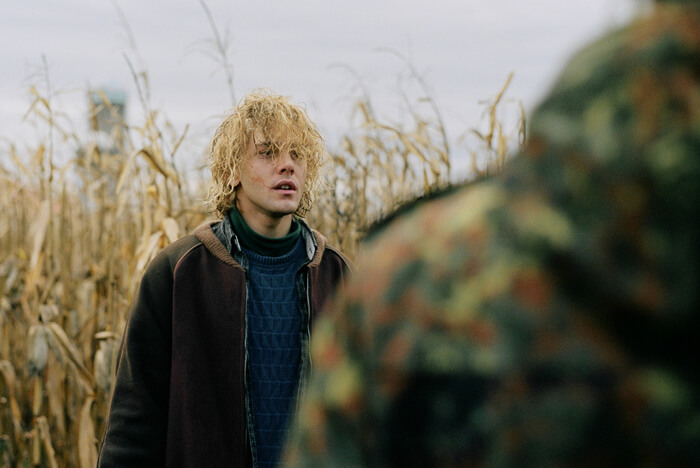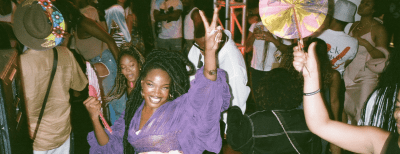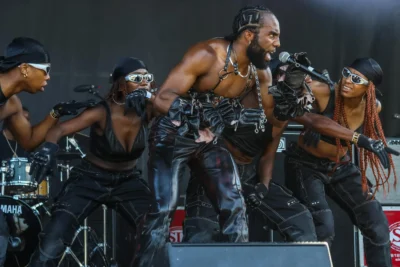Tom at the Farm, Xavier Dolan’s Combustible Family Drama, with a Twist
Tom at the Farm
Directed by Xavier Dolan
Opens August 14 at the Village East
Since his debut feature I Killed My Mother premiered in 2009, Canadian wunderkind Xavier Dolan has quickly churned out five very singular films about confrontation. No matter the plot, his lead characters are emotionally volatile because of prolonged pressure wrought by their mothers, friends, and society at large. This usually results in a kind of colorful, combustible melodrama that can irk and inspire in equal measure. Hyper-feeling connects Dolan’s best work (Heartbeats, Laurence Anyways) with his worst (Mommy) in ways that transcend style and tone.
The same messy qualities can’t be found so easily in Tom at the Farm, a cold, dark and repressed little monster with Hitchcock on the mind and plenty of rage burning underneath the icy surface.
Dolan stars as the eponymous visitor who ventures from Montreal into the countryside to attend the funeral of his lover, Guillaume. The recently deceased’s mother Agathe (Lise Roy) knows nothing of her son’s life in the city, but older brother Francis (Pierre-Yves Cardinal) has been clued in for a while. Tom’s arrival gives this hulking psycho ample opportunity to take out years of pent up anger, which predictably masks a sexual confusion of his own.
Whereas Dolan’s previous work allowed characters to take fun road trips or have romantic getaways in rural areas, Tom at the Farm sees the countryside as a dangerous and unforgiving place. In the opening moments Tom drives furiously on back roads through small towns while trying to write a eulogy he will never give. The ominous music and frantic cutting make it clear he is a man entering enemy territory. Upon arriving at Guillaume’s childhood abode, Dolan gives us ample silence. Those familiar with his work understand how rare this is for a filmmaker obsessed with the power of noise.
But this is a war film, and in combat quiet comes right before bloodshed. After making nice with Agathe over dinner, Tom gets assaulted in his sleep by Francis, whose face remains unseen until the next morning. What follows is a continuous series of disruptive and violent confrontations intermixed with disturbingly intimate conversations shared between Tom and Francis. One moment the latter is chasing the former through a razor-sharp cornfield and the next they are dancing tango together in a barn.
Tom seems to be enamored with the farm’s tangible stakes. Life and death exist simultaneously, as when he delivers a baby calf only to find it laying dead a few scenes later. “It’s all so real,” he mumbles. Francis, on the other hand, yearns for the fantasy of the city, bragging that he’ll leave as soon as Agathe kicks the bucket.
Through it all Dolan seems to be exploring different levels of proximity. Tom and the Farm forces its characters to get up close and personal with intoxicating and repulsive memories. Sometimes they are one in the same. What’s harder to explain is how this frustration with identity and past trauma somehow devolves into a critique of American life. It’s foreshadowed when Tom wears a leather jacket sporting the red, white, and blue during the climax and confirmed during the closing credits featuring Rufus Wainwright’s “Going to Town.” By this point, it seems Dolan has declared war on everyone who isn’t him.
You might also like 




















